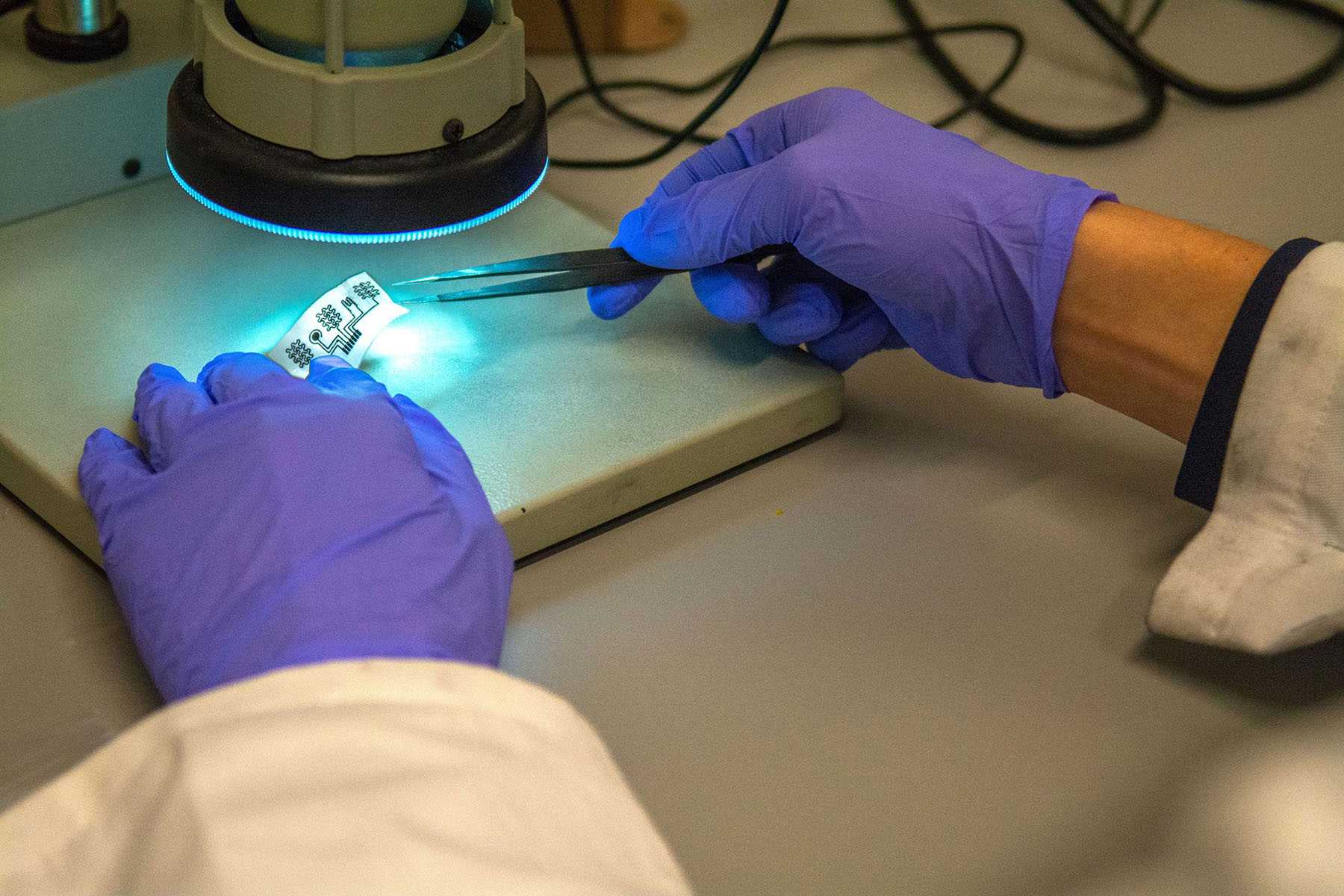Patient Pages: Insights into Adherence During Pregnancy
Women’s health and pregnancy company Mirvie conducted a survey of 1,022 expecting mothers in the United States to gain insight into the information they need during their pregnancy. It’s evident that expecting moms want more information; nine out of 10 want to know about their individual risk of pregnancy complications to optimize personal and preventative care; however, only one out of 10 women could correctly identify all the most common preeclampsia warning signs and symptoms.
The decline of maternal education is occurring alongside a doubling of potentially fatal hypertensive disorders of pregnancy, including preeclampsia, between 2007 and 2019. Meanwhile, pregnancy-related deaths increased by nearly 37% between 2018 and 2020, according to the NCHS.
While preeclampsia is a preventable condition, it impacts about 8% of pregnancies while education about the condition is severely lacking in the U.S. While 75% of women report they have an understanding of preeclampsia and 59% report discussing the condition with their care providers, only 44% reported knowing their own personal risk for preeclampsia and other complications before getting pregnant.
Another 67% wish they knew more about these risks. An overwhelming 91% of women would like to take a predictive test that reveals their risk of conditions like preeclampsia, even if it is not 100% accurate.
In addition, 88% believe that knowing their own personal risk would motivate them to follow their pregnancy care providers’ medication recommendations. Importantly, 46% believe that access to a predictive test for preeclampsia would empower them to advocate for themselves during their pregnancy.
A vast majority of women not only want more information during their pregnancy, but believe that better information will allow them to have better control over their care, better conversations with their providers, and better engagement with their healthcare. The report makes it clear that better education for pregnant mothers is necessary to improve maternal health in the U.S. and provide better preventive care for expecting mothers.
Discoveries/Innovations: AI Can Predict the Future of Lung Cancer
Teams at MIT and Massachusetts General Cancer Center have created Sybil, an AI program that is able to predict the likelihood of an individual developing lung cancer within six years. The tool is designed to be used on patients with no history of smoking since standard lung cancer screening guidelines apply to those who have or still do smoke, despite the fact the lung cancer diagnoses for non-smokers has increased by nearly half in the past decade.
Current guidelines also suggest that people over the age of 50 undergo a low-dose computed tomography (LDCT) chest scan each year, but less than 10% actually do so, according to the teams’ research. This new test is more convenient for patients as one scan can predict lung cancer probabilities for six years. The AI’s accuracy has proven to be extremely high in retrospective studies, and now the research teams will test its abilities in clinical trials and within a radiologist’s existing workflow.
“In our study, Sybil was able to detect patterns of risk from the LDCT that were not visible to the human eye,” said Lecia Sequist, MD, a lung cancer medical oncologist at Mass General and corresponding author of the study. “We’re excited to further test this program to see if it can add information that helps radiologists with diagnostics and sets us on a path to personalize screening for patients.”
Medical Device Department: A New Breed of Wearable Heart Monitoring

Heart disease continues to be a leading cause of death in the U.S. despite the ability to prevent deaths with early detection and interventions. Spurred by this, the National Institutes of Health (NIH) granted a team of researchers at the University of Missouri $2.6 million to develop a breathable material for a wearable heart monitor. The actual device uses both electrocardiogram (ECG), which measures a heart’s electrical signal, and a seismocardiogram (SCG), which measures heart vibrations, both of which can provide doctors with warning signs of heart disease.
Zheng Yan, PhD, an assistant professor in the Department of Biomedical, Biological, and Chemical Engineering and the Department of Mechanical and Aerospace Engineering, said in a statement, “We want to provide comprehensive information about the status of a person’s heart. Effects of heart disease can often happen unexpectedly, so it’s important to have continuous, long-term monitoring for early detection and timely interventions. We want this to help reduce the number of people succumbing to death from heart disease in the U.S.”
With the new breathable material designed with antibacterial and antiviral properties, the device can safely stay attached to a person’s skin for up to a month. The material also helps maintain signal accuracy as someone sweats, and the flexible material conforms to the skin for an even higher level of accuracy. Data is currently sent to an electronic device that can attach to a person’s clothes, but the team intends to advance the data transfer in the future.
FDA Update
Drug Approvals
The FDA granted fast track designation to Evaxion Biotech’s personalized cancer therapy, EVX-01, in combination with Keytruda. The vaccine candidate is a peptide-based cancer immunotherapy and is Evaxion’s most advanced clinical asset. Designed with the company’s proprietary AI program, a unique drug is generated for each patient based on gene analysis of their tumors and on matching with their immune system.
BeiGene USA, Inc. has received FDA approval for Brukinsa (zanubrutinib) for chronic lymphocytic leukemia (CLL) or small lymphocytic lymphoma (SLL). Following clinical trials, zanubrutinib is recommended to be taken at 160 mg orally twice daily or 320 mg taken orally once daily until disease progression or unacceptable toxicity.
The FDA granted accelerated approval of Leqembi (lecanemab-irmb) for the treatment of Alzheimer’s disease. Eisai and Biogen’s Leqembi is part of a new category of Alzheimer’s medication which targets the physiological mechanisms of the disease’s effect on the brain rather than its symptoms. Clinical trials show that Leqembi reduces the presence of amyloid beta plaque, a marker of Alzheimer’s.
Med Device Approvals
The FDA approved an expansion of the use of Endomagnetics’ Magtrace and Sentimag Magnetic Localization System, which guides lymph node biopsies in patients with breast cancer, to now include lumpectomy patients. The device is designed with a detectable liquid product that is injected into the patient’s breast and collects in the regional lymphatics and migrate to lymph nodes. A surgeon can then identify the location of these nodes by using a magnetic probe first through the skin and then during surgery where the lymph nodes are then removed and tested for the presence of cancer cells.
AstraZeneca and Avillion’s Airsupra is a first-in-class, pressurized metered-dose inhaler (pMDI) that has been approved for the as-needed treatment or prevention of bronchoconstriction and to reduce the risk of exacerbations in people with asthma aged 18 years and older. Airsupra contains a fixed-dose combination of albuterol, a short-acting beta2-agonist (SABA), and budesonide, an anti-inflammatory inhaled corticosteroid (ICS). It is the first combination of an ICS and a SABA to be approved in the U.S.








